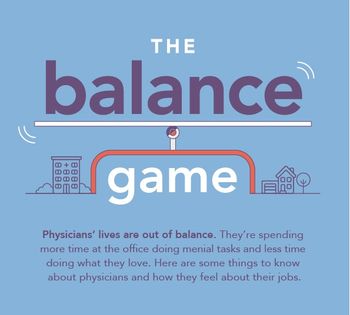
More than half of the respondents said they spend less time with patients now than when they started their career, according to new study.

More than half of the respondents said they spend less time with patients now than when they started their career, according to new study.

Why go into primary care? Physicians and medical students have their own reasons and share with us why it's a viable area of medicine.

In our recurring blog "Inbox" we share comments from physicians and practice administrators telling us what keeps them awake at night.
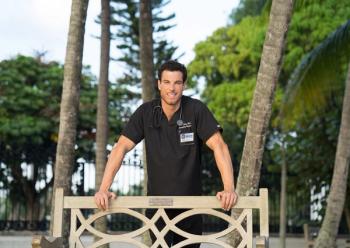
PAs can develop screening protocols, share basic nutrition and exercise information, and provide a list of community resources for overweight patients.
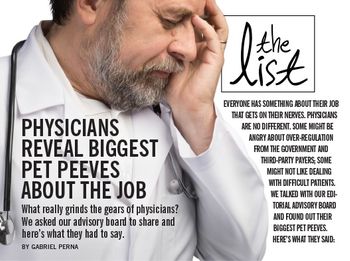
What really grinds the gears of physicians? We asked our advisory board to share and here's what they had to say.

Navigating a change in your practice is a lot like going through turbulence in a plane. What can physicians learn from pilots?

In our recurring blog "Inbox" we share comments from physicians and practice administrators telling us what keeps them awake at night.

Lunch is an important time of day for physicians; giving them a short respite from patient care. Don't be tempted to use it to catch up on patient care.

Helping others outside the work environment can often invigorate overworked physicians. Volunteering is a perfect way to do that.

A recent workshop extensively evaluated whether DPC practices can or should remain in Medicare and otherwise how to manage plan interactions.

Medicine is now a team sport which has many moving parts and requires a highly specialized staff. PAs are not the enemy. We are the solution.

The only way to get physicians on board with a change management initiative is to use the same weapon they use when treating a patient - data.

In our recurring blog "Inbox" we share comments from physicians and practice administrators telling us what keeps them awake at night.
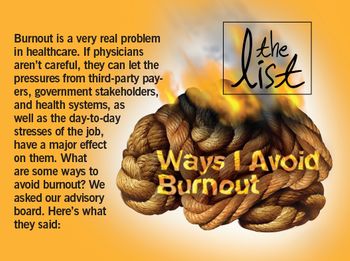
Whether it's relaxing with daily meditation or taking a lunch break every day, physicians explain how they avoid stress.

Physician partnerships are often a great idea. Great partners band together to compensate for each other's weaknesses and encourage creativity.

Changing responsibilities and differing ways of relating to patients can make burnout worse for older physicians.

While physician burnout seems to be endemic, it doesn't mean that steps can't be taken to improve working conditions.

Testing is more than an objective measure of knowledge. Certification tests are also valuable learning tools that are more effective than study alone.

By empaneling advanced practitioners, practices can double the size of their patient panel and extend their hours and days.

How can administrators bring together physicians, advanced practitioners, and nurses, and create a culture of collaboration?

In a study, physicians were asked to reflect on their communication with patients. Three themes seemed to emerge.

Researchers recently discovered that physicians can improve care by looking in the metaphorical mirror through "open-ended reflections."

Advanced preparation and planning can dramatically change physicians' outlook and productivity levels at their medical practices.
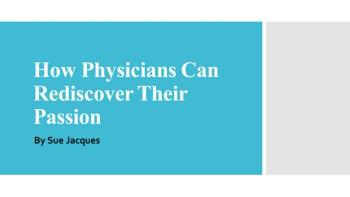
Every profession has a rhythm. But when you lose pace with that cadence, you can simultaneously lose the passion you once had for your job.

One doctor looks at what causes burnout and how she thinks physicians can cure themselves of it.